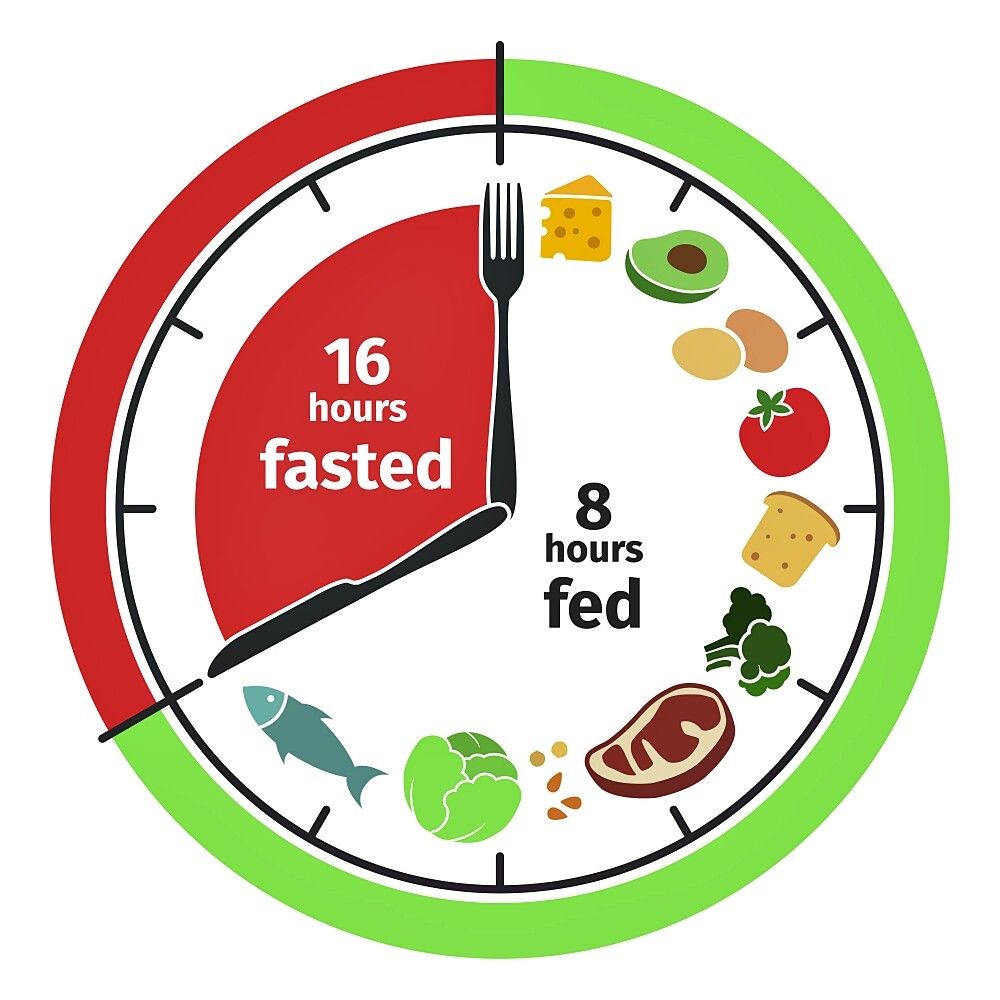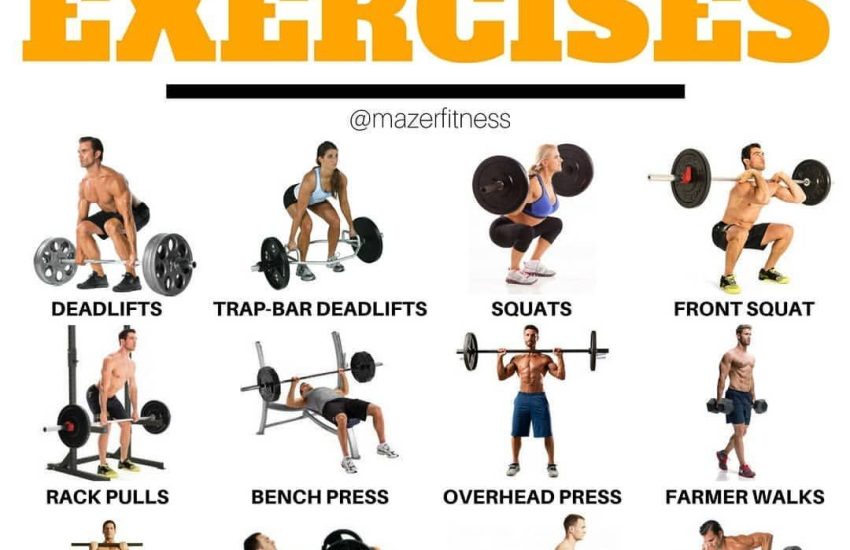Intermittent Fasting: Is It the Key to Weight Loss Success?
Intermittent fasting has been gaining popularity in recent years as a method for weight loss and overall health improvement. It involves alternating between periods of eating and fasting, with the most common approach being a daily fasting window of 16 hours followed by an 8-hour eating window.
How Does Intermittent Fasting Work?
Intermittent fasting works by reducing the amount of time your body has to digest and process food, allowing it to burn stored fat for energy instead. This can lead to weight loss as well as improvements in insulin sensitivity, cholesterol levels, and other markers of health.
The Benefits of Intermittent Fasting
There are many potential benefits to intermittent fasting, including:
Weight loss
Improved insulin sensitivity
Reduced inflammation
Better brain function
Increased metabolism
Is Intermittent Fasting Right for You?
Intermittent fasting is not recommended for everyone, especially those with certain medical conditions or eating disorders. It’s always best to consult with a healthcare professional before starting any new diet or fasting regimen.
Tips for Success
If you’re considering trying intermittent fasting, here are some tips to help you succeed:
Start slow and gradually increase your fasting window
Stay hydrated during fasting periods
Focus on whole, nutrient-dense foods during your eating window
Listen to your body and adjust as needed
The Bottom Line
Intermittent fasting can be a powerful tool for weight loss and overall health improvement, but it’s not a one-size-fits-all solution. If you’re interested in trying it, be sure to do your research, consult with a healthcare professional, and listen to your body throughout the process. With dedication and consistency, intermittent fasting could be the key to unlocking your weight loss success.
By following these guidelines and incorporating intermittent fasting into your routine, you may find that it helps you achieve your weight loss goals and improves your overall health and well-being. Remember, it’s essential to listen to your body and make adjustments as needed to ensure the best results.


